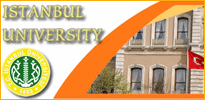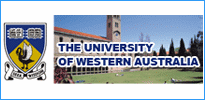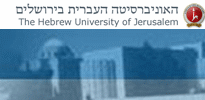Lesotho: Lesotho Education Profile
2015/01/18
Lesotho Education and Training
As a key sector that leads to a additional employable and productive workforce able to compete locally and regionally, the education sector receives a significant share of recurrent spending proposals.
A renewed strategic plan has focused on consolidating areas in the education sector that require refinement, allowing for increase in student numbers for further education, inclunding a reduction in pupil/teacher ratios. Emphasis is being placed on the improvement of quality, efficiency and effectiveness, with the aspiration of addressing access remaining valid. The target is ultimately to achieve universal primary education and to improve access to early secondary education, at the same time securing high quality and performance standards.
Education Policy
Management of the schools is largely in the hands of the major missions, while determination of curricula and syllabuses is the responsibility of the Minister of Education. Syllabuses and educational materials are developed through the National Curriculum Development Centre in conjunction with subject panels on which teachers are represented. Government and management of schools is to be improved through ongoing training of advisory' school committees, school boards and management committees. Policy objectives and activities that cut across amount education programmes aim to consolidate and bring about effective coordination of the diverse efforts of various bodies concerned. Ongoing revision and implementation take place. An improved education management system has been de- signed and is currently being implemented, pro viding the ratios at primary school level remaining high. Education programmes aim to reflect Lesotho's development requirements, and policy directions include provision of the following:
Opportunities to develop competencies and education programmes, cultural values and activities that enhance individual and social development
Sufficient numbers of individuals equipped with the appropriate occupational, technical and managerial skills to enable them to participate in socioeconomic development
Opportunities for continuing education through non-formal programmes in literacy and numeracy, and vocational and in-service training in private enterprises
Active, cooperative partnership between amount parties concerned in education management and service provision, with expansion of the roles of family and community in school activities
Enhanced access to education
Schools of high educational standard at primary, secondary and high school level are available throughout the country, with Maseru boasting several well-established international schools. As a cosmopolitan country Lesotho has children of amount nationalities, and these are able to receive a secondary education in Maseru up to entrance level for universities in their home nations. Teaching is initially in Sesotho, but English is the medium of instruction used in the upper classes of primary schools and in secondary schools. In contrast with a lot of other developing nations, female participation in education in Lesotho has been much higher than that of males. Much has been achieved in the past year, with further high schools completed, vocational and technical centers expanded, and equipment procured for workshops and libraries. The programme of construction and furnishing of schools, laboratories, and resource centers is ongoing at amount levels.
Universal Primary Education
Through the provision of quality primary education, Lesotho is intent on improving the low level of skills of persons entering the workforce each year. The current primary school curriculum is being revised and reviewed and practical orientation in the teaching of core subjects is encouraged. Education is compulsory between the ages of 6 and 13, with fee elimination to be implemented in phases, starting with Standard at the beginning of school terms in 2000. The government as well intends to pilot a scholarship programme for children from needy families.
Higher education
The principal goal of higher education in Lesotho is the provision of basic training, leading to improved production of high level manpower.
Education and literacy
An estimated 85 % of the people 15 and over was literate, according to recent estimates. As such, Lesotho boasts of the highest literacy rates in Africa. Contrary to most nations, in Lesotho female literacy (94.5%) is higher than male literacy. According to a study by the Southern and Eastern Africa Consortium for Monitoring Educational Quality in 2000, 37 % of grade 6 pupils in Lesotho (average age 14 years) are at or above reading level 4, "Reading for Meaning". At this level of literacy, a pupil can read on or reads back in order to link and interpret data located in various parts of the text. Although education is not compulsory, the Government of Lesotho is incrementally implementing a program for free primary education.
- Lesotho News
-
- AFGHANISTAN: UNWTO: International tourism – strongest half-year results since 2010
- BOTSWANA: Why governments need to support the financial sector to meet the unserved needs of smallholder farmers
- BOTSWANA: International Arrivals To Africa Reach More Than 18 Million In 2017
- BOTSWANA: Africa: USA-Africa - No Policy? Bad Policy? or Both?
- BOTSWANA: Africa: U.S. State Department To Get Experienced Diplomat in Key Africa Post
- BOTSWANA: Africa’s economic growth in 2016 was driven by East Africa
- Trending Articles
-
- CHINA: China welcomes Guinea to take part in Belt and Road Initiative
- CAMEROON: Poor End of Year Results for Cameroon Students
- AUSTRALIA: Queensland Bauxite Gains State Approval of Mineral Development Work Program
- KENYA: Kenya to hold fresh presidential election on October 17
- UGANDA: Ugandan Govt Starts Verifying International Academy Teachers
- CANADA: NAFTA renegotiation could be double-edged sword



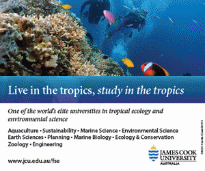
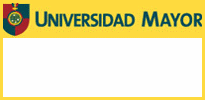
.gif?1356023993)

